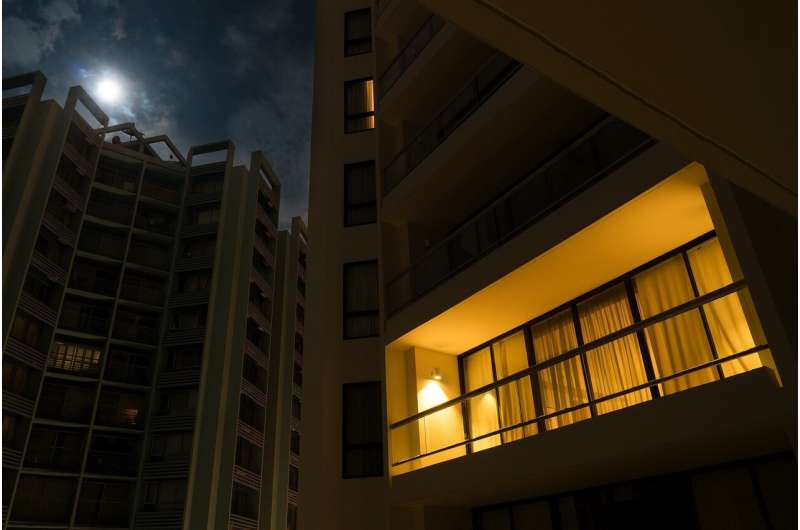8% of Austrians suffer from pathological insomnia

Chronic insomnia is widespread and leads to generally poor physical and mental health and has a high societal cost. General data on insomnia from Austria, including the help-seeking behaviour of those affected, have been lacking until now. A recent study, led by sleep researcher Stefan Seidel from MedUni Vienna's Department of Neurology and MedUni Vienna epidemiologist Eva Schernhammer, now shows that 7.8 percent of Austrians between the ages of 18 and 67 suffer from pathological insomnia. This is a similar percentage to that observed in other European countries.
The sleep problems of 1,004 people (50.4 percent of them female) were surveyed online and classified according to the International Classification of Sleep Disorders (ICSD-3). ICSD-3 is the standard classification used for the diagnosis of sleep disorders in sleep laboratories, medical sleep clinics and research institutions worldwide. The result: about 8 percent of Austrians suffer from chronic insomnia. "If you interpret the criteria less strictly than ICSD-3 and then evaluate the data, you end up with a further 8.9 percent with symptoms of chronic insomnia," Seidel points out. And: "Only one in two people with pathological sleep problems has sought professional help, which indicates an urgent need for better screening and education in the population."
Better education needed—help is available
The online survey was conducted in 2017. Daytime functioning had to be "much" to "very much" affected for a finding of chronic insomnia, or "somewhat" for symptoms of chronic insomnia. Sleep disturbances were classified as chronic insomnia symptoms (broad definition) in 8.9 percent and as chronic insomnia (strict definition) in 7.8 percent of people.
However, only 26 percent of the participants with chronic insomnia symptoms and only 53 percent of those with chronic insomnia reported having already actively sought help for their problems. "These low rates of active help-seeking in both groups warrant more attention to public health initiatives regarding patient education and early treatment of insomnia," says Schernhammer. At MedUni Vienna, people seeking help are supported by the interdisciplinary expertise of the neurological sleep laboratory and the outpatient sleep clinic, working closely with neuropsychology.
More information: Stefan Seidel et al, Help-seeking behavior of young and middle-aged Austrians with chronic insomnia: Results from the 2017 national sleep survey, Sleep Epidemiology (2021). DOI: 10.1016/j.sleepe.2021.100002




















